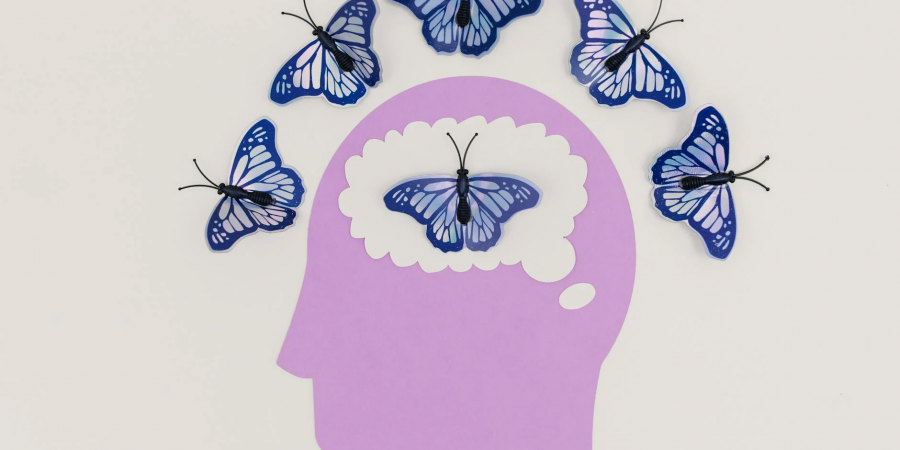

Our brains are extremely powerful organs, but they, like any muscle, require regular workout to remain sharp. Engaging in brain exercises is one of the most effective strategies to boost mental clarity, cognitive function, and general brain capacity. These workouts not only strengthen existing neural connections, but they can also establish new pathways that improve brain function. Here are some incredibly efficient brain workouts for improving your cognitive ability.
1. Puzzles & Brain Games Puzzles, such as crosswords, Sudoku, and logic puzzles, can considerably improve your problem-solving skills and memory. These brain exercises stimulate and encourage critical thinking, which improves attention and concentration. They are excellent for improving your thinking and analytical abilities, both of which play an important role in brain function.
2. Learning a new skill or language. Learning a new skill or language is an effective technique to stimulate the brain. When you learn a new language, you not only acquire new vocabulary but also develop new mental patterns. This improves cognitive functions, specifically memory and recall. Learning new abilities, such as playing a musical instrument or drawing, not only improves memory but also boosts creativity, focus, and neuroplasticity—the brain's ability to develop new connections.
3. Meditation & Mindfulness Meditation is a brain activity that boosts focus, lowers stress, and improves emotional regulation. Regular mindfulness practice improves your ability to stay present and focus on tasks. Mindfulness has been demonstrated in studies to enhance grey matter in the brain, which is linked to muscle memory, emotional regulation, and decision-making. Deep breathing and mindfulness activities can help you improve your brain clarity and emotional intelligence.
4. Physical Exercise. While it may not appear to be a brain exercise, physical activity is essential for brain health. Regular cardiovascular exercise, such as jogging, swimming, or cycling, improves blood flow to the brain, supplying more oxygen and nutrients. This promotes cognitive functions such as memory, learning, and problem solving. Furthermore, exercise reduces stress, which can have a negative impact on cognitive performance. Physical activity has been proven to increase the synthesis of brain-derived neurotrophic factor (BDNF), a protein that supports the creation of new brain cells.
5. Read and Write Reading consistently, whether fiction or nonfiction, stimulates the brain, expands vocabulary, and increases creativity. It requires the brain to establish connections, boost comprehension, and engage in deeper thought. Writing, on the other hand, helps you to convey your ideas while enhancing cognitive function and memory retention. Journaling or creative writing exercises can also aid with problem solving and critical thinking.
6. Socialising. Engaging in meaningful conversations and social activities is a great way to strengthen your brain. Socialising enhances cognitive processes such as memory, learning, and language abilities. Interacting with others necessitates multitasking—listening, thinking, and responding—which keeps the mind active and engaged. Furthermore, socialising relieves stress and protects cognitive deterioration by instilling a sense of belonging and purpose.
7. Brain Training Apps There are various brain-training applications available that offer planned workouts to enhance cognitive ability. Memory, concentration, problem-solving, and thinking are common activities in these apps. Examples include apps such as Lumosity, Peak, and Elevate, which provide personalised brain games that challenge the brain in a number of ways.
Conclusion
Brain exercises are essential for maintaining and increasing cognitive function, and frequent practice can result in sharper memory, faster problem-solving abilities, and greater mental clarity. Puzzles, learning new skills, physical exercise, and socialising can all help to boost your brain function and avoid cognitive loss. Remember, much like physical fitness, mental fitness involves regular work, so make it a part of your daily routine to reap the long-term benefits.
